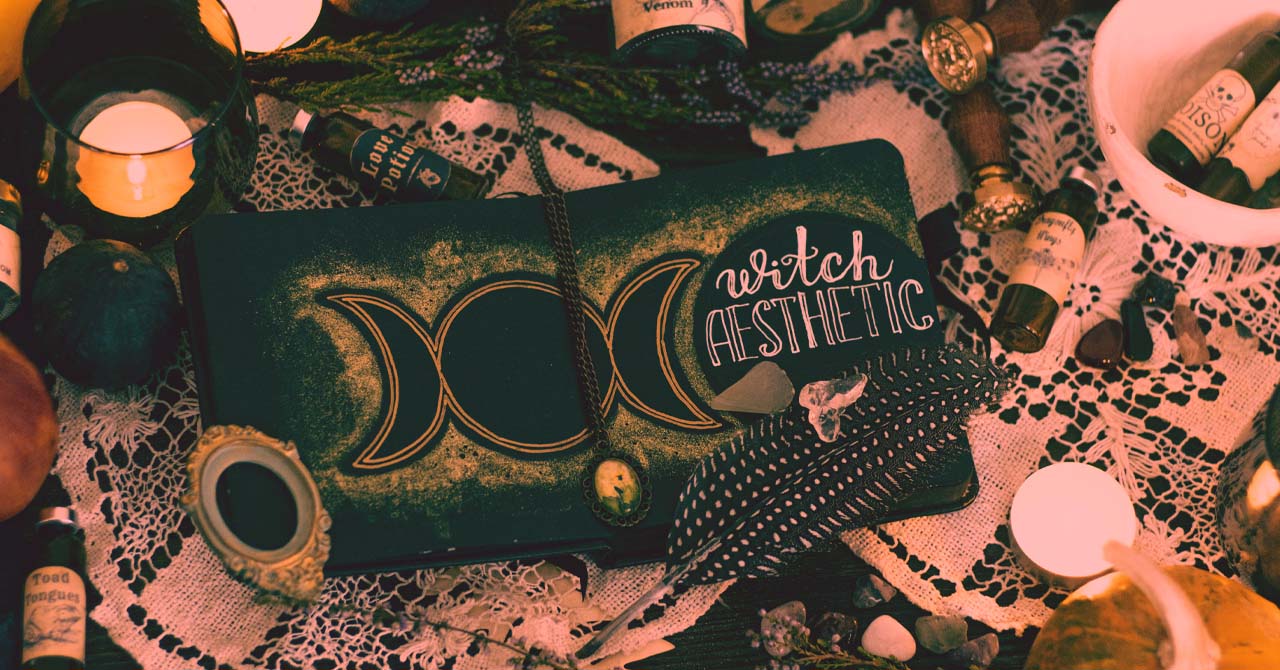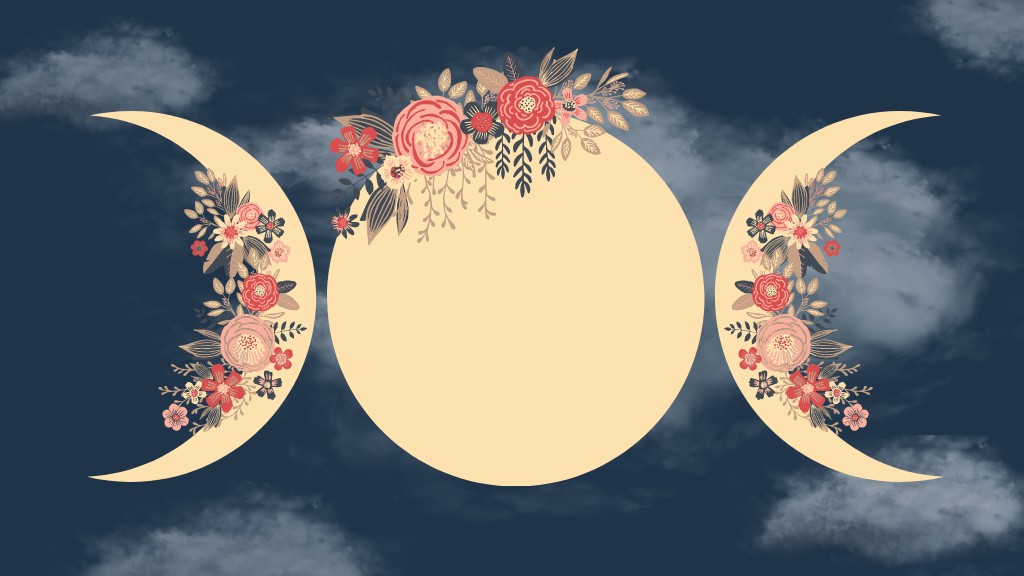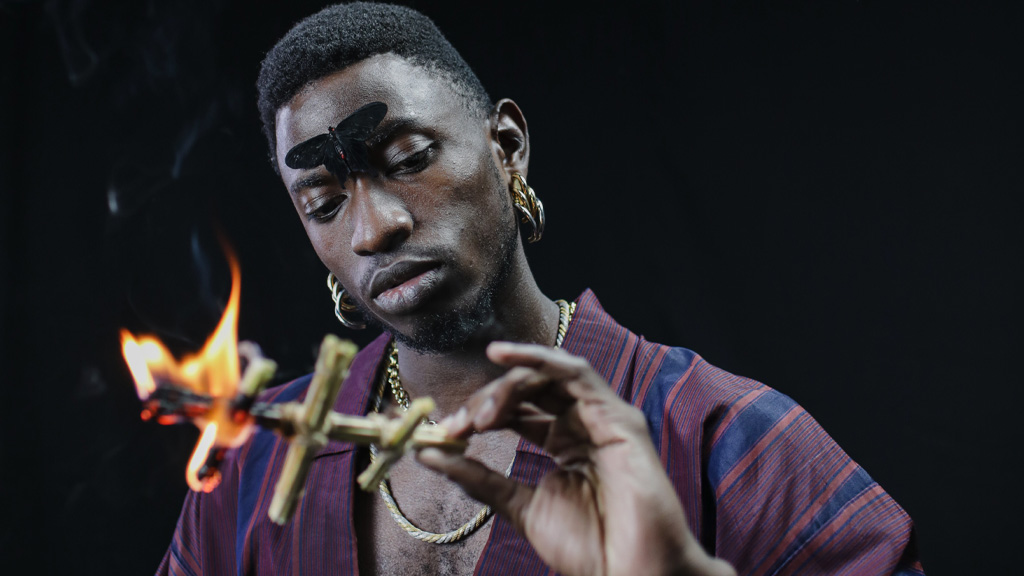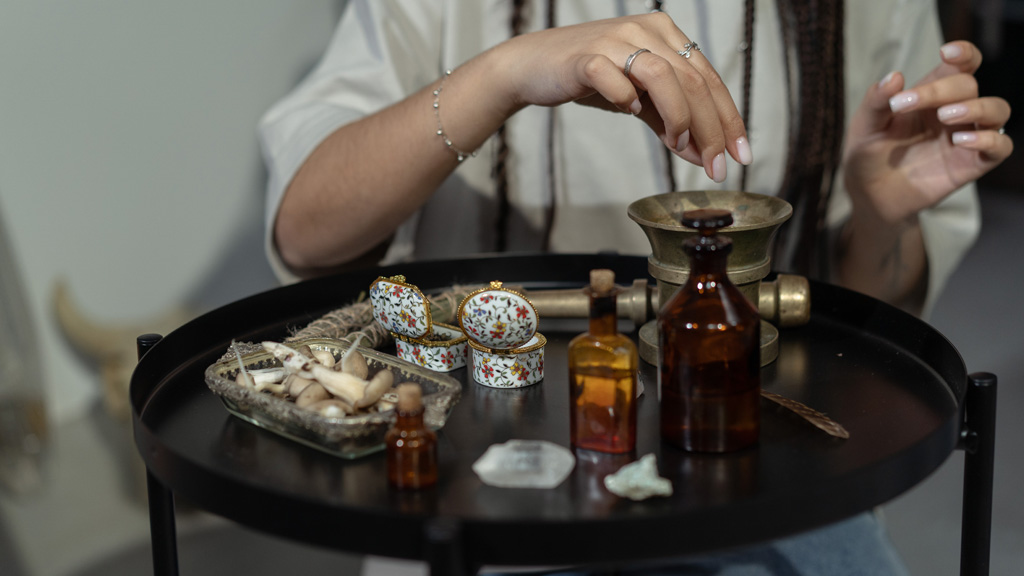Are All Witches Wiccan?

April 10th, 2023
Estimated Read Time: 3 Minutes
As Wiccans, we are all too familiar with the common misconception that Wicca and witchcraft are interchangeable terms. However, it is important to understand that while Wiccans may practice witchcraft, not all witches are Wiccan. But how do they relate to each other?
This blog post will clarify the distinction between Wiccans and witches and highlight the diversity within the witchcraft community.
Let’s get started!
What Is Wicca?

Wicca is a modern, nature-based religion that worships the Triple Goddess and the Horned God. Wiccans follow a set of rituals and celebrations known as the Wheel of the Year, which marks the changing seasons and key events in the natural world. We also follow a set of ethics known as the Wiccan Rede, which states, “An it harm none, do what thou wilt.”
In addition to rituals and celebrations, Wiccans may practice spells and rituals for personal growth and positive change. These practices often focus on connecting with nature, aligning with one’s personal values, and manifesting positive change in the world.
That said, Wicca is a diverse religion, and different Wiccans may have their own unique practices and beliefs. However, the worship of a Goddess and a God, as well as the adherence to the Wiccan Rede, are common principles central to many Wiccan practices.
Witchcraft and Witches

Witchcraft is a vast and manifold practice encompassing many traditions, religions, and personal approaches. At its core, witchcraft is the practice of using personal energy and intention to bring about desired changes in the world. It can take many forms, including spells, rituals, divination, and herbalism.
While Wiccans may practice witchcraft as part of their religion, not all witches are Wiccan. In fact, the term “witch” is often used to describe those who practice magick and spirituality outside of mainstream religions. That may include those who follow a specific tradition or religion, such as Voodoo or Santeria, or those who take an eclectic approach, drawing from various sources to create their unique practice.
At the same time, not all witches identify as Wiccan, and many may reject the term entirely. Some may prefer to call themselves “solitary witches” as they do not follow a specific tradition or group. In contrast, others may identify as “traditional witches,” drawing on the practices of their ancestors or cultural traditions. These witches may feel that the term “Wicca,” which has its roots in 20th-century Britain, does not accurately reflect their own traditions and practices.
Our free Wicca 101 course provides the essential knowledge and skills
you need to start confidently practicing Wicca.
Join the Wicca Academy community today!
It is also worth noting that the term “witch” is not necessarily limited to those who practice magick. Some may simply identify as witches due to their personal values, beliefs, connection to their ancestors, or cultural traditions.
All in all, no two witches are exactly alike, and each brings a unique approach to their practice. It is this diversity that makes the witchcraft community so vibrant and dynamic.
Final Thoughts

Although Wicca is a subset of witchcraft, not all witches are Wiccan. The term “witchcraft” encompasses a wide range of practices and traditions, and it is crucial to respect the beliefs and practices of all witches, regardless of whether or not they align with our own. As Wiccans, it is our responsibility to educate others and dispel misinformation about our beliefs and practices while also acknowledging and respecting the diversity within the wider community of witches.
Check out our other articles:
What is Wicca?
How to Become a Witch
What Type of Witch Are You?
Are Witches Born or Made?
How to Explain Paganism to Non-Pagans
See All Articles
Love this article? Share the magick with your friends and loved ones!